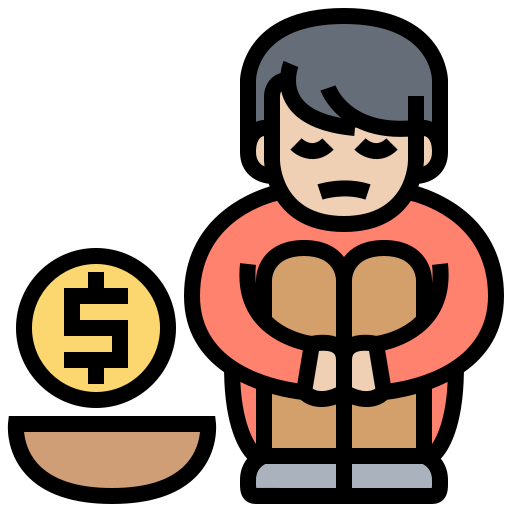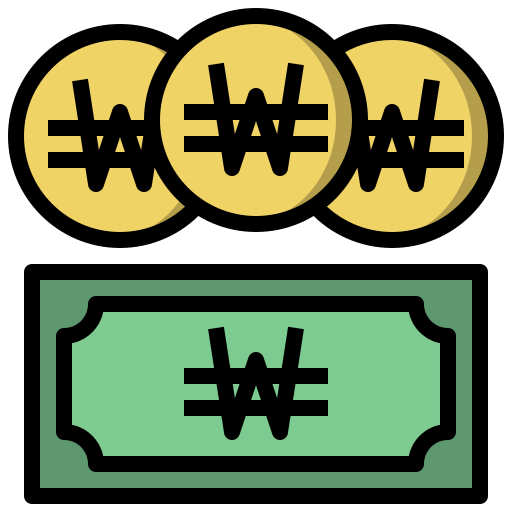 Survival Korean
Survival Korean
금도끼 은도끼
The Gold and Silver Axes
Special | A | B | C | D | E | F | G | H | I | J | K | L | M | N | O | P | Q | R | S | T | U | V | W | X | Y | Z | ALL
가 |
|---|
가난하다
Definition가난하다 means "to be poor" (referring to money or wealth). When describing a noun, it appears as 가난한 such as the 가난한 나무꾼. | |
곧 |
|---|
금 |
|---|
금
Definition금 means "gold". This refers to the metal used in many objects, and even can refer to days (i.e., 금요일 [Friday]). | |
나 |
|---|
나무 Definition나무 means tree, and can also be used to refer to wood. | |
낡 |
|---|
낡다
Definition낡다 is an adjective that means "to be old" referring to things or objects (not people). In the story, it refers to the 남꾼's axe - 낡은 도끼. | |
도 |
|---|
도끼 Definition도끼 means axe. In the story, you will axes described in several ways. 낡은 도끼: And old axe. The adjective 낡은 is used to describe things (not people) that are old. 금도끼: This is a compound noun with the word 금 (gold) added to the word axe. 은도끼: This is a compound noun with the word 은 (silver) added to the word axe. 쇠도끼: This is a compound noun with the word 쇠 (metal) added to the word axe. | |
돈 |
|---|
돈을 벌다
Definition돈을 벌다 means "to make money". The expression has two parts: 돈 (money) and 벌다 (to earn). In the story, the wood cutter needs his axe to work and earn money. | |
맞 |
|---|
맞다
Definition맞다 means "to be correct" or "to be right". | |
묻 |
|---|
묻다
Definition묻다 is a verb that means "to ask". This verb belongs to a category of verbs where the final consonant 'ㄷ' becomes 'ㄹ' when used in certain ways. For example, 나무꾼에게 물었어요. | |
미 |
|---|
미소를 짓다
Definition미소를 짓다 means "to smile". It has two parts: 미소 (smile) and the verb 짓다. | |




